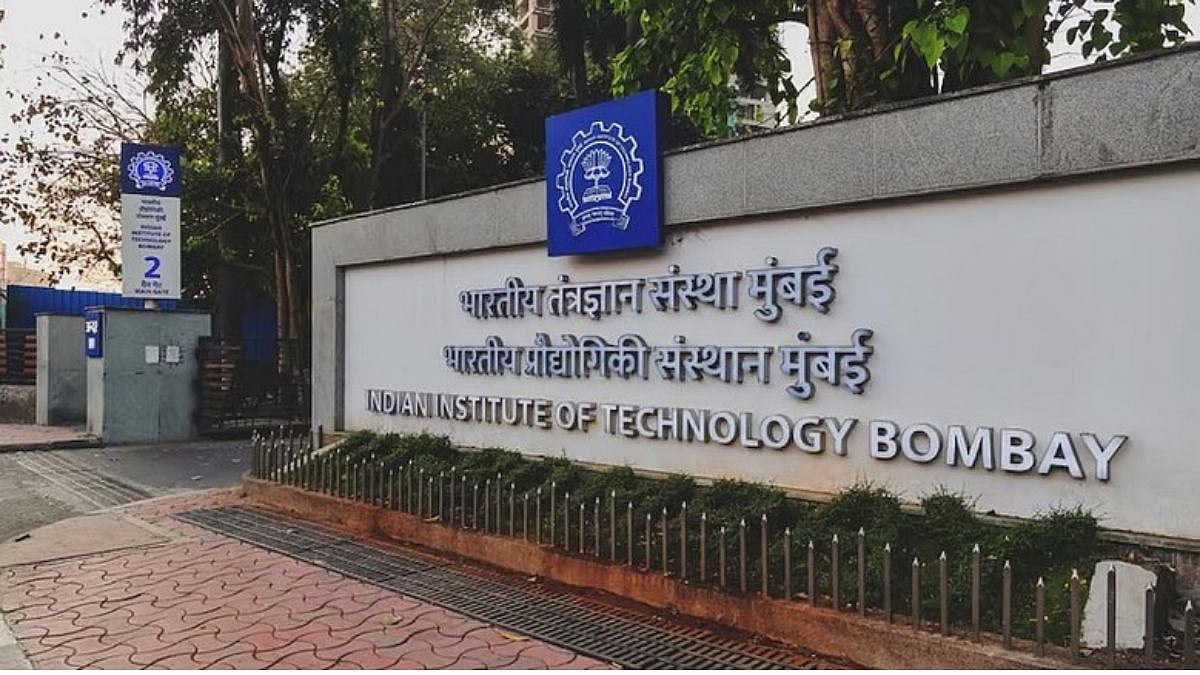Mumbai: In a major scientific breakthrough, researchers from IIT Bombay, along with IIT Kanpur and the Chittaranjan National Cancer Institute, have discovered a key factor that speeds up the worsening of type 2 diabetes. This finding could help in developing better diabetes medicines in the future.
The study found that a substance called fibrillar collagen I, which is part of the body’s support structure (extracellular matrix), plays a role in the harmful clumping of a hormone called amylin inside the pancreas. These toxic clumps damage the insulin-producing β-cells, making it harder for the body to control blood sugar levels.
“Collagen-I acts like train tracks that guide the harmful clumps in the pancreas,” explained Prof. Shamik Sen from IIT Bombay, who led the study. The research was published in the Journal of the American Chemical Society.
Amylin is normally released along with insulin, but in people with diabetes, it tends to fold incorrectly and form toxic clumps. Until now, scientists didn’t know what caused this. The team used advanced techniques to show that amylin sticks to collagen I, which makes the clumping worse and more toxic.
They also examined tissues from diabetic mice and human pancreas samples and found that both collagen and amylin levels increased together as the disease progressed.
This discovery opens new doors for treatment. The researchers are now designing drugs that can block or stop the interaction between amylin and collagen, which could protect the β-cells and improve diabetes treatment.
“This might be the reason why some current treatments don’t work well,” said Prof. Sen. “Targeting the amylin-collagen link could change the way we treat diabetes.”

The team is also working on pancreas tissue repair methods, including transplanting insulin-producing cells with the help of 3D structures that mimic the natural environment—offering hope for reversing diabetes damage.









